“People in the fashion industry have used the press a lot more than people in the film industry because you have nothing to sell except for the image. Image is everything.” – Elle MacPherson. What a brutally honest statement by a person who has literally made a career modeling for the biggest hotshots in the swimsuit business. In the past 30-40 years, we’ve seen a massive divide between what can be called fashion and what constitutes the fashion industry.
Unlike most sectors, the industry here decides the relevance of a product rather than the product influencing the industry. The biggest brands are often criticized for establishing a monopoly over the functioning of any product that has the capability to affect the market. The industry has always been under heavy scrutiny for its shallowness and materialistic nature, and movies, in particular, never fail to cover any aspect of humanity. With that said, here is the list of the top fashion movies ever.
12. Bruno (2009)
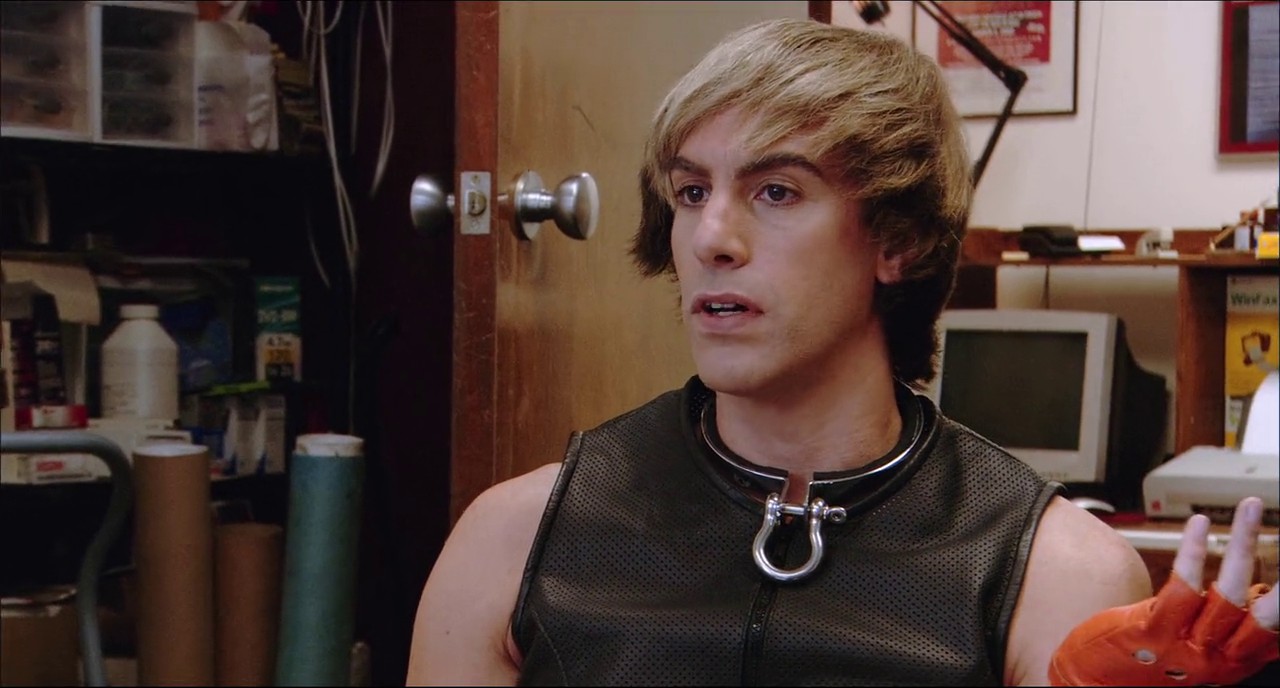
Starting off the list with ‘Bruno’, another of Sacha Baron Cohen’s incredibly improvised characters. What I love about Bruno and Cohen’s other characters is that they are quite literally a product of their environment. Bruno is a figure that must have been written on a single sheet of paper, and vehemently characterized by Cohen who understands society and its shenanigans so effortlessly.
11. The Neon Demon (2016)
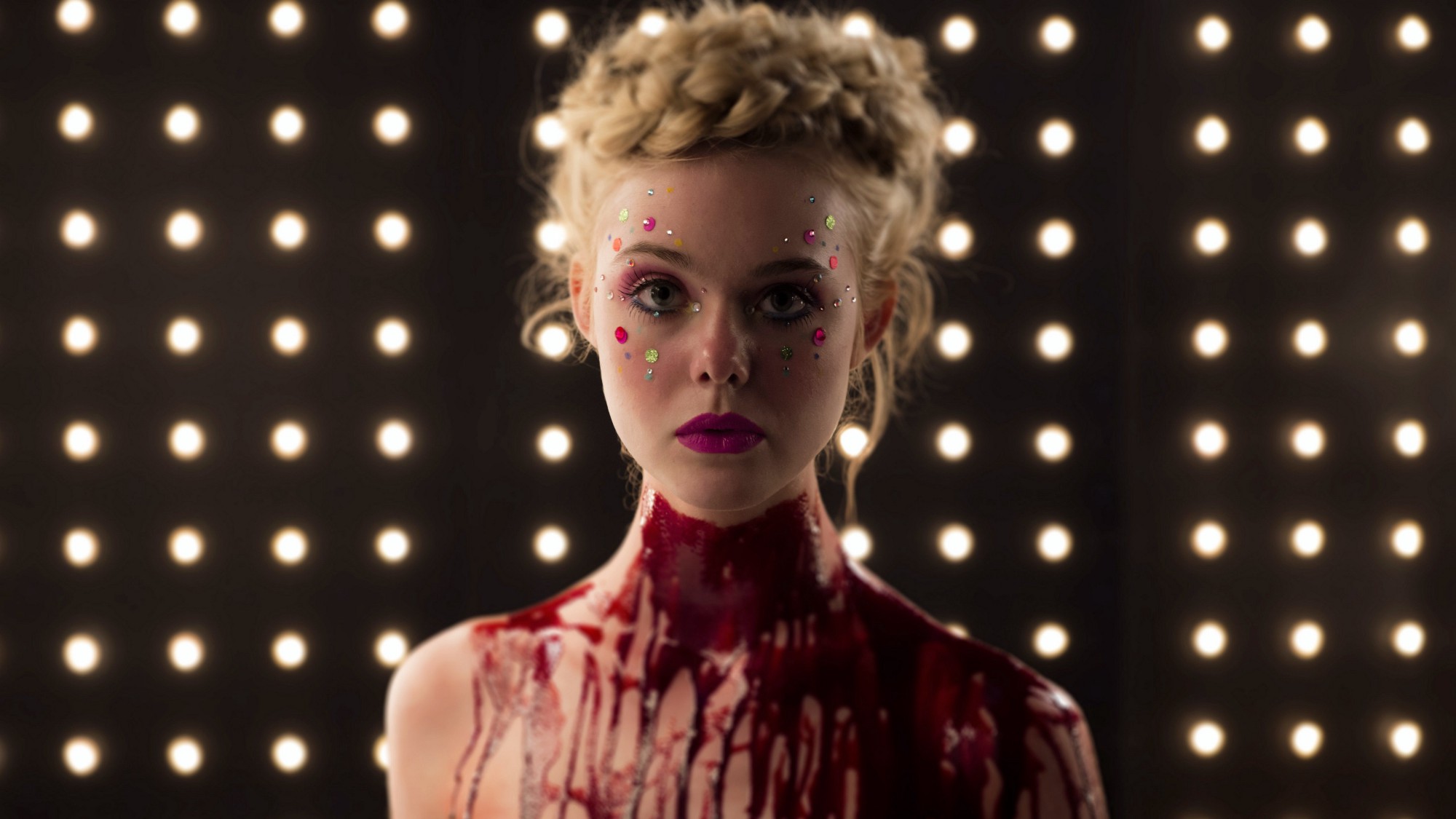
Nicholas Winding Refn. He’s probably the most polarizing director at present, and I believe he’s a truly exceptional contemporary artist. I heard people blaming ‘The Neon Demon’, probably the most brutal assessment of the abyssal aspects of the fashion industry to be an exercise in “style over substance”. Many people fail to understand Refn’s filmography, which relies on obscure symbolism and metaphors, and his visual style adapts to the tone of the context. In this case the film’s glitzy and shallow nature was a result of the destructive world Refn takes the audience into. His world is of extremes, with the presence of Jodorowsky, Argento, Lynch, Kubrick, Pasolini, and Refn’s own lovely, detestable mind in every frame.
10. Maytime In Mayfair (1949)

‘Maytime in Mayfair’ is one of the sweetest movies out there, and probably too sweet for some people who want negative vibes from a movie that focuses on fashion rivalry. The musical comedy featured Michael Wilding and Anna Neagle, the most eccentric duo in British cinema from that period. Along with ‘Roberta,’ this film set the standard for the overused rom-com plot : two people who dislike each other end up falling in love due to silly circumstances. The film has witty and charming characters against the backdrop of a meaningless and competitive fashion-oriented business. One of the underrated fashion films.
9. Paris Is Burning (1990)
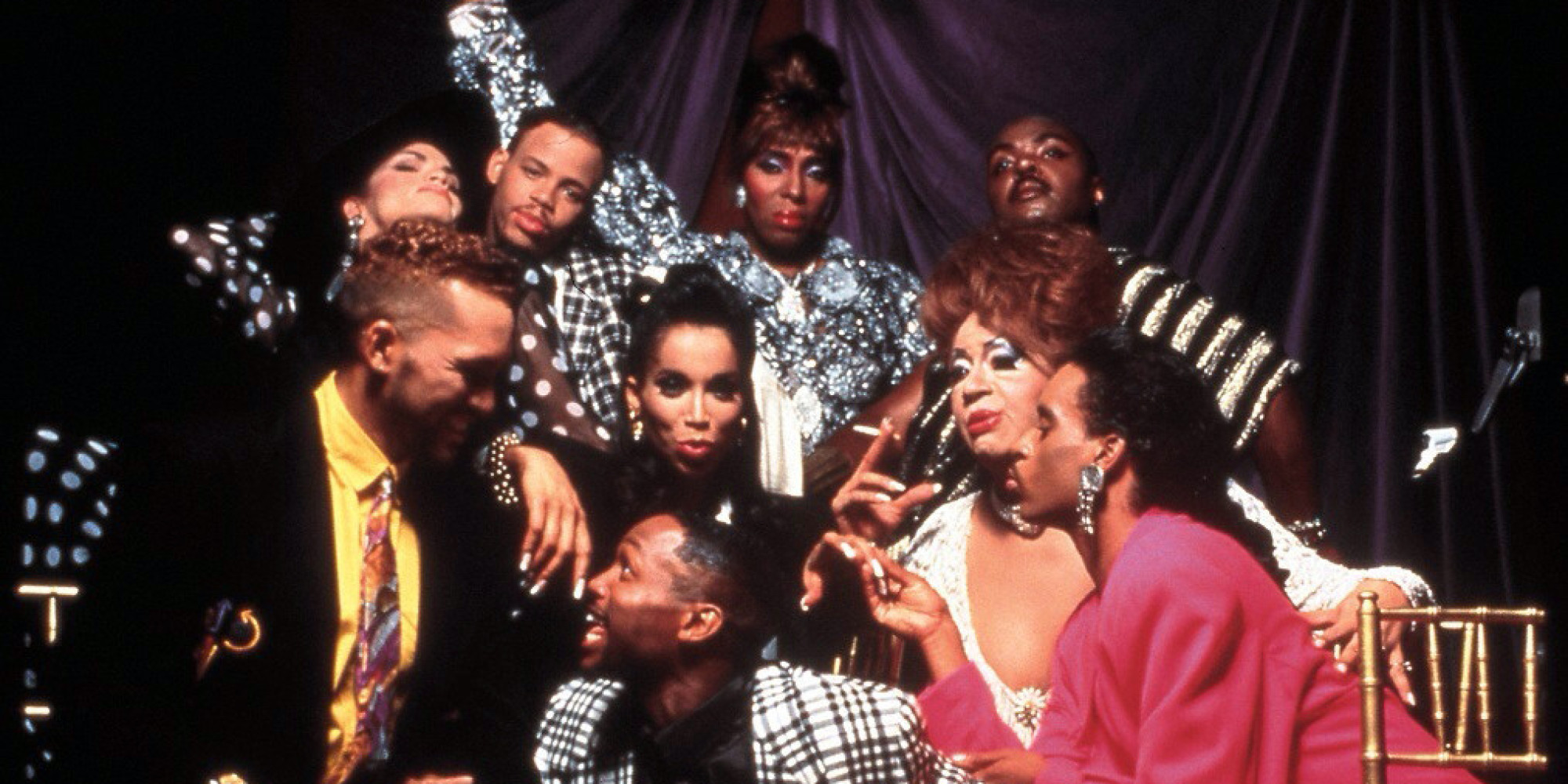
‘Paris is Burning’ is one of the most illuminating films ever made. Jennie Livingston’s documentary on the ball culture that was predominant in New York during the 80’s. It’s an invaluable exploration of time, as it documents the heights the counter-culture movement reached in the U.S, as well as its steady decline. If Manhattan basked in its white-collar culture with yuppies dancing to the smell of champagne and Ralph Lauren, then Harlem was drugged with the passion of deconstructing the concept of social division. African-Americans, LGBT communities and Latinos followed their own version of what they considered was ‘fashionable’, indulging in a procedure adopted from the “higher classes” but revising it according to their subversive culture.
8. The September Issue (2009)
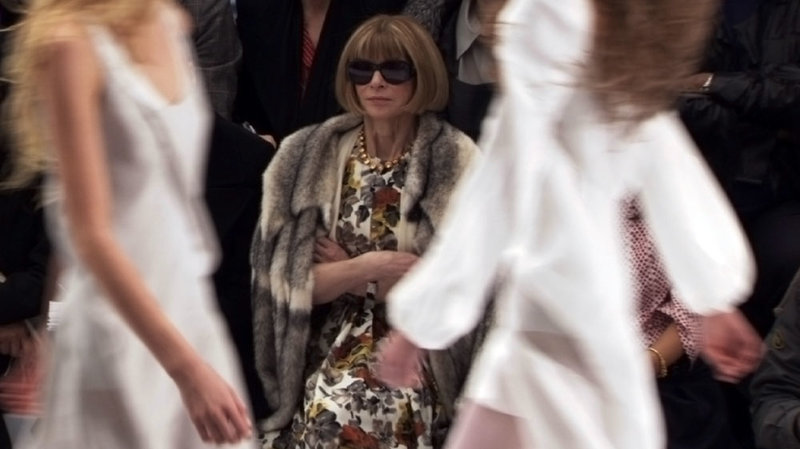
The Vogue magazine has been in circulation since the 19th century, and its most anticipated product is the autumn issue of September, which was widely publicized after Anna Wintour’s takeover. This documentary follows all the arrangements and efforts that go into making a magazine. Wintour is one of the most powerful images in the fashion industry; the short-term future of billion-dollar brands depends on her. We see her employees visibly intimated by her presence, and the stature of a woman who shifts the focus of a documentary on Vogue towards her.
7. The Devil Wears Prada (2006)

This film’s approach to toning down the nihilism displayed in many movies on this list in order to make it accessible to most audiences, is highly appreciable. That doesn’t mean it disposes of its objective to paint an elegant-looking portrait of a shallow industry. The film is noted for Meryl Streep’s remarkable “unofficial” portrayal of fashion mogul Anna Wintour, which throws light on the merciless but spearheaded attitude of businesswomen in the industry. The film might lack a strong screenplay because of its mediocre source material, but it’s a must-watch for Streep’s incombustible character.
Read More: Best Foot Fetish Movies of All Time
6. Unzipped (1995)

Unzipped is an interesting charade by Douglas Keeve, that is led by the jester Isaac Mizrahi. This silly representation of the fashion world is so bad, it’s so good. No, I don’t mean the movie is bad, it’s shot beautifully. The context is laughably bad, it works as a self-satirizing piece, as Mizraahi’s naviety and dumb antics make us the question the self claimed flamboyance of these fashion “artists”.
5. Blood And Black Lace (1964)

‘Blood and Black Lace’ by Italian maestro Mario Bava is probably the earliest example of a giallo film. The fashion industry, honestly, makes for a great Hitchcockian setting because of its egotistical, self-centered and competition devouring nature, dominated by a crowd that breeds like rabbits. They’re like fragments of an oil spill, suffocating the purity out of anything that comes near them, and this is portrayed brilliantly in Bava’s heartless vision.
4. Iris (2014)

What divides an artwork from a monument is definitely the longevity of that piece. This doesn’t simply mean the existence but the relevance it holds after an abnormally long period of time. So it is quite justified to call Iris Apfel a monument of the industry, with a career spanning almost 8 decades! Many companies don’t last that long. Legendary documentarian Albert Maysles directed this as a tribute to Apfel’s pioneering strides in eclectic fashion. It’s a beautiful documentary because Iris is a woman who surrounds herself with the most extraordinary designs and colors, and the film doesn’t compensate for any of that.
Read More: Best Animated Superhero Movies
3. Coco Avant Chanel (2009)

‘Coco Avant Chanel’ is a brilliant name for a biopic that portrays the life of the French fashion designer, before she became the founder of a multi billion dollar brand. Unlike many biopics that treat their subject in a very sentimental and nostalgic light, this documents Coco in a very linear fashion, something many critics found to be dull and tedious. But for fashion enthusiasts who intend on learning about the many initiations of the industry, you will be smitten by the charm and eloquence displayed by Audrey Tatou.
Read More: Best R-Rated Superhero Movies
2. Funny Face (1957)
The first thing that’d naturally come to your mind after hearing the words “Audrey Hepburn” and “fashion” would be ‘Breakfast at Tiffany’s’. I mean, who can forget that gorgeous black dress and those chic glasses? But there’s another Hepburn classic, Funny Face, that truly explored the fashion world with great gusto, enhanced by the extremely expressive 3 Strip Technicolor. ‘Funny Face’ carries on the trend Roberta started, but its conveyance is so elegant and critical that it’s impossible to witness yourself falling in love with a movie that disregards women’s choices, reflective of the fashion industry.
Read More: Best Disney Live Action Movies
1. Blow-up (1966)

There are a lot of colors in Michael Antonioni’s ‘Blow-Up’, but there’s no vividness in them. They exist, but evoke nothing and this reminds me of how Robert Wiene mustered some meaning out of every image drawn in black, covering the background in ‘The Cabinet of Dr Caligari’. This is not Antonioni’s failure, but success, because any extravagance depicted in the film is as shallow as the last drops of alcohol that the characters smother their lips with. If Neon Demon uses surrealism and psychedelic imagery to brutally assess the fashion industry, then Blow Up uses realism, a very detached one though to do the same.
Read More: Best Alternate Movie Endings

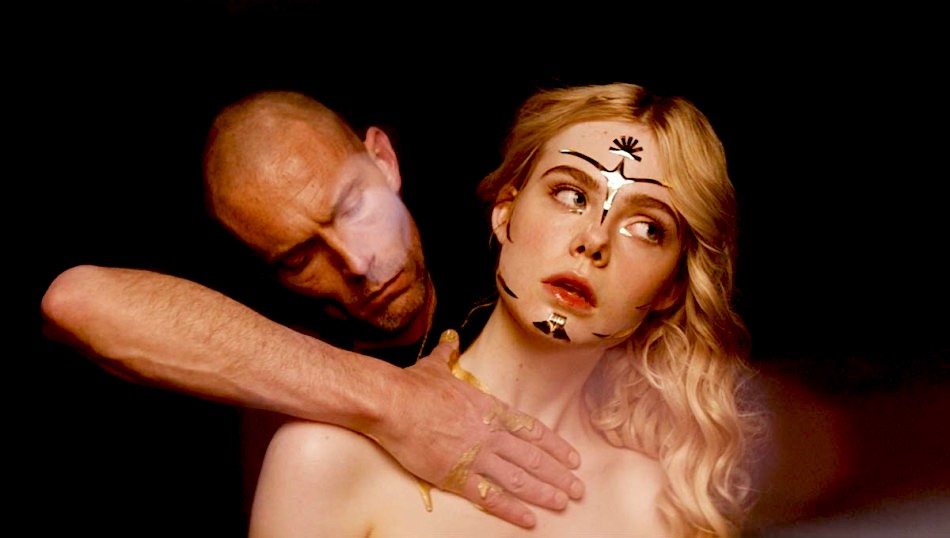
You must be logged in to post a comment.